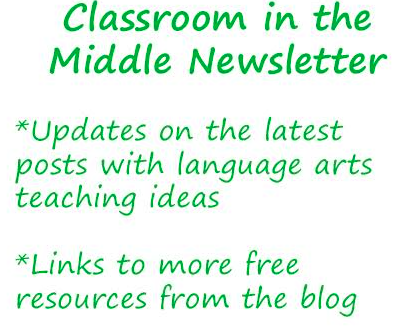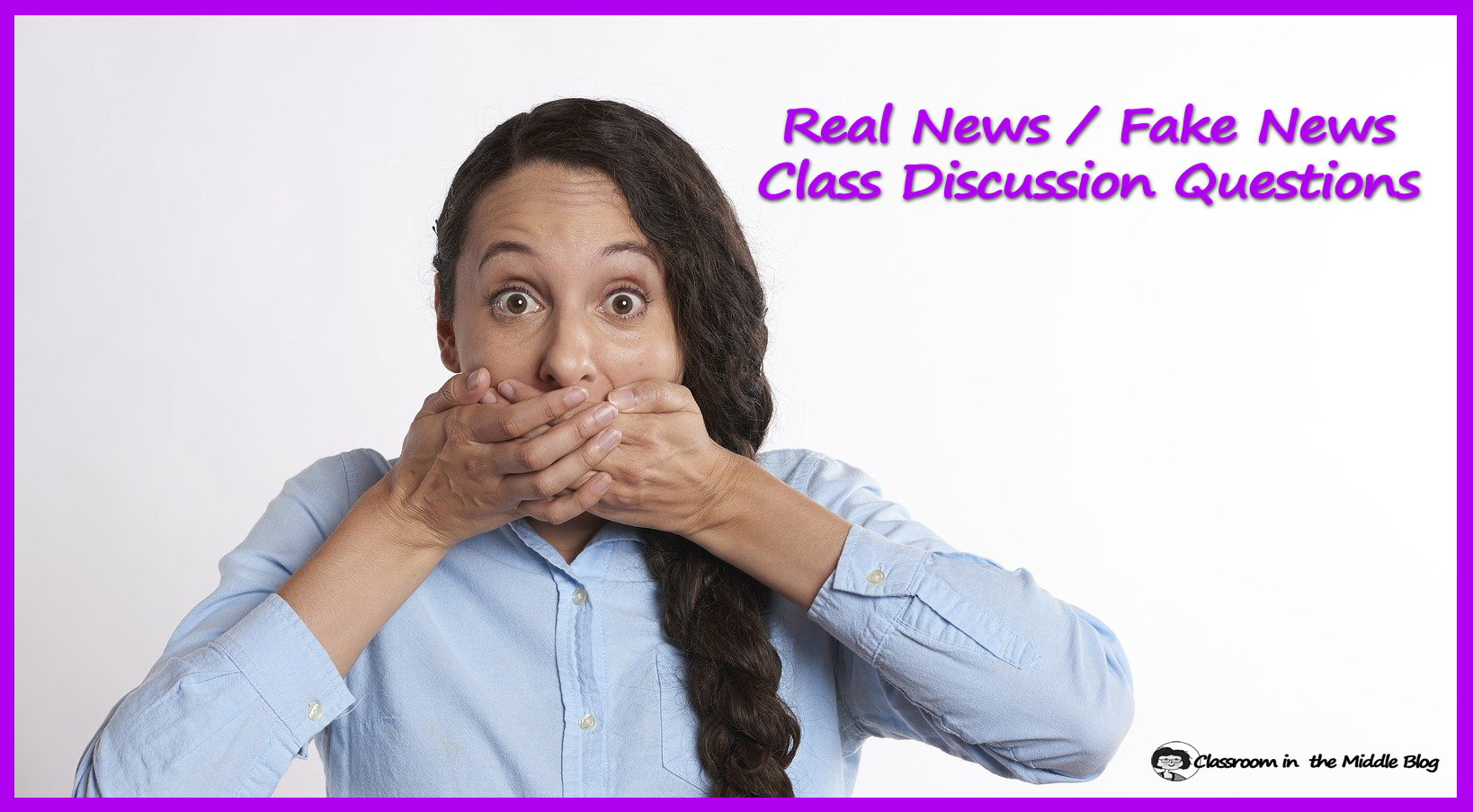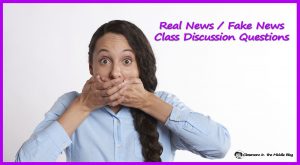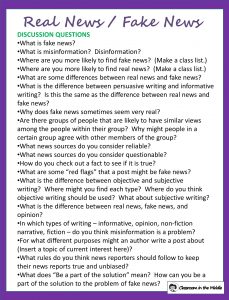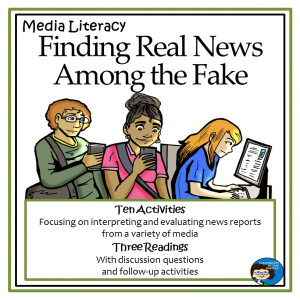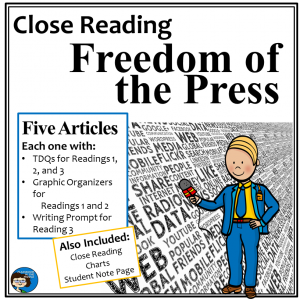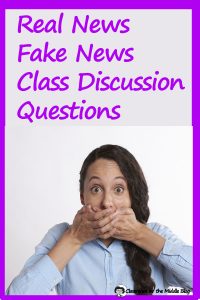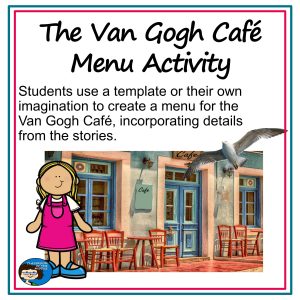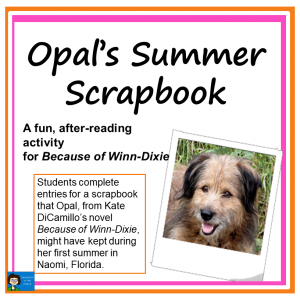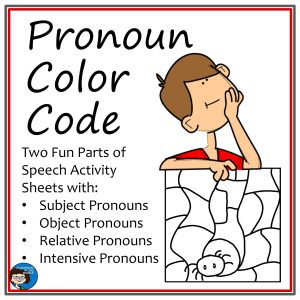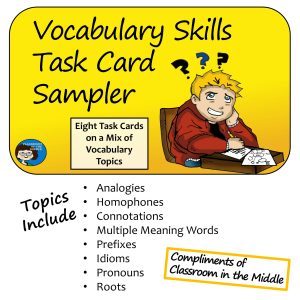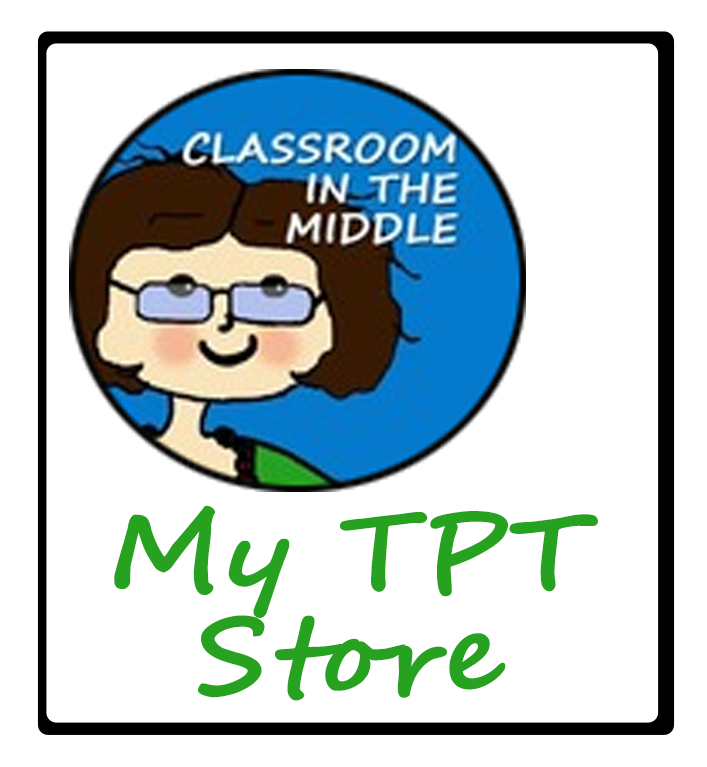Misinformation, disinformation, fake news – whatever you call it, it’s maybe one of the most important things that students of today need to learn to deal with. So much depends on it – in student’s everyday lives and in their future, as well as in their country and their country’s future.
As English teachers and social studies teachers, teaching this complex and controversial topic likely falls to us. Which is probably a good thing, because we have knowledge in the area of evaluating writing that badly needs to be passed on to students.
What’s more, “fake news” – articles or posts that appear to be factual news reports but are actually intended to sway or manipulate readers – can actually be a fun, and definitely interesting, topic to tackle, depending on how you look at it!
What makes media literacy especially interesting to tackle in a middle grades class, I think, is that it’s a subject that is bound to open up discussion. Just the ideas of fake news, misinformation, or disinformation can open up controversy, and then think of each current events topic featured in this type of writing! A teacher can have all the class discussion she wants with topics like these (OK, maybe sometimes even a little bit too much, but that’s teaching!) And opening up discussion generally means generating student interest and engagement.
So I’ve been working on a list of questions that I thought might be useful for class discussions. Here’s what I have so far. (If you have another good question to add, I’d love to hear it – just add your question in the comment section below.)
DISCUSSION QUESTIONS
- What is fake news?
- What is misinformation? Disinformation?
- Where are you more likely to find fake news? (Make a class list.)
- Where are you more likely to find real news? (Make a class list.)
- What are some differences between real news and fake news?
- What is the difference between persuasive writing and informative writing? Is this the same as the difference between real news and fake news?
- Why does fake news sometimes seem very real?
- Are there groups of people that are likely to have similar views among the people within their group? Why might people in a certain group agree with other members of the group?
- What news sources do you consider reliable?
- What news sources do you consider questionable?
- How do you check out a fact to see if it is true?
- What are some “red flags” that a post might be fake news?
- What is the difference between objective and subjective writing? Where might you find each type? Where do you think objective writing should be used? What about subjective writing?
- What is the difference between real news, fake news, and opinion?
- In which types of writing – informative, opinion, non-fiction narrative, fiction – do you think misinformation is a problem?
- For what different purposes might an author write a post about (Insert a topic of current interest here)?
- What rules do you think news reporters should follow to keep their news reports true and unbiased?
- What does “Be a part of the solution” mean? How can you be a part of the solution to the problem of fake news?
If you like, you can download a PDF of the question list here:
Real News Fake News Discussion Questions
And here’s one follow-up idea.
FOLLOW-UP
Choose a current news event that is generating controversy. Discuss the two (or more) sides in a whole class discussion. Talk about facts that are believed to be true by each side. Talk about how these facts could be checked out. Try to agree on a short list of reputable sources to use for this purpose. After students have had time to work in groups to see what they can discover, reconvene as a whole class and talk about how it went. What difficulties were there in doing the research? Are there facts that we can agree on now? Are there still facts that we disagree about? Why is is so difficult to discover and agree on the truth?
Related Resources

